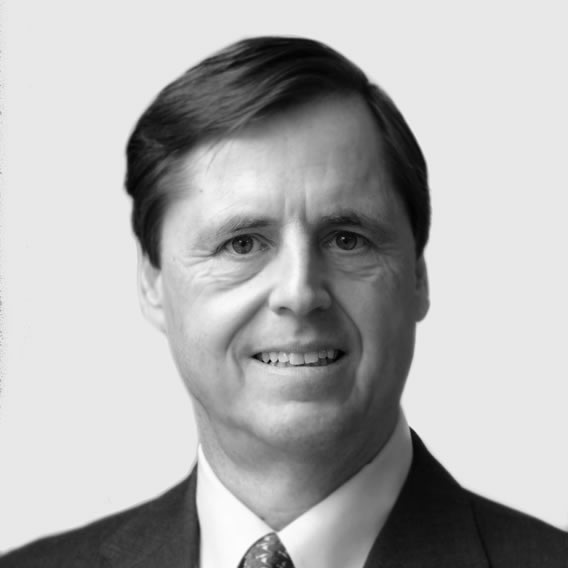Building Sustainability into the American Dream

Q: Why did you found ecoAmerica?
BP: At the same time as NGOs were working ever harder to protect the environment, I realized that the American public was becoming less concerned with ecosystem and biosystem issues. My marquis value in the corporate world has been marketing, so I conducted some analysis and try to figure out why people no longer prioritize these critical issues. We did corporate marketing research to understand people's values in a broader context. We searched for insights to help motivate Americans to care a little bit more about climate and sustainability.
Q: Based on your experience in the corporate world, how well do you think companies are communicating their values to their employees and stakeholders?
BP: Typically companies have been engaging on a variety of technical environmental issues -- compliance, risk, health, product safety—and they've been doing really well at that. All of these provide necessary and substantial benefits to the corporation. But then there's the people side of it. If employees, customers, and other stakeholders understand what you're doing and why, they will engage more enthusiastically and supportively. That, in turn, helps you build the brand and the value of the organization
Q: How does sustainability as a concept relate to the traditional idea of the America dream?
BP: Interesting question. Most people think that the American Dream is about money. Most of us work or fantasize about it, but when we explored what it means a little bit more, we learned that the idea of a nicer home meant that they were taking care of their family better. They're prouder of their families than they are of making an extra $10,000 a year. Communicating about these underlying values is a different way, and more effective way, of talking about sustainability, health, environment and climate issues.
Americans don't have to give up the American dream. I think that people and companies can prosper, be successful. When they do it in the right way they will save energy, save money, have healthier families and employees and communities. For companies this provides an opportunity when they embed sustainability into their operations and comprehensively communicate about it.
Q: Any tips for how NAEM members can frame EHS and sustainability issues to engage those for whom these ideas might not be so motivating?
BP: When most people hear about sustainability or cutting back or using less, they don't react positively because they've been taught their entire life that better and more is what's important. So when someone comes up to you with a message that says, 'We have to be sustainable', 'We need to use less and conserve', many Americans get upset by that or just tune the message out. Just a small percentage of people now relate strongly and positively to traditional environmental messages. And yet there are other things they can grasp right away.
We have to make sustainability a personally relevant, actionable issue to achieve real success at the personal, corporate and national levels. People understand their families, their right to choice, safety and security. This is not a branding ploy; this is the same kind of reality companies deal with in all parts of their business.
So when a company wants to do something to build support for its programs in sustainability or environmental health, they've got two choices: They can either say 'We've got to be more sustainable' or they can come up with things that relate to caring about their families and their communities that breed support among their staff and stakeholders People will immediately understand, programs will have more acceptance and support, and we move ever more forward to addressing these issues as companies and a society.
Topics:
Sustainability
Related
About the Author

Bob Perkowitz
ecoAmerica
Bob Perkowitz is founder and president of ecoAmerica, a non-profit that uses consumer research and strategic partnerships to create large-scale engagement programs for climate and sustainability solutions. He sits on the boards of World Bicycle Relief, ClearPath Foundation, and Environmental Defense Fund, and is a past Trustee of the Sierra Club Foundation. In the for profit sector, Bob has served as President of Cornerstone Brands Inc., Smith+Noble LLC, VivaTerra LLC, Joanna Western Mills Inc. and Home Fashions Inc.

